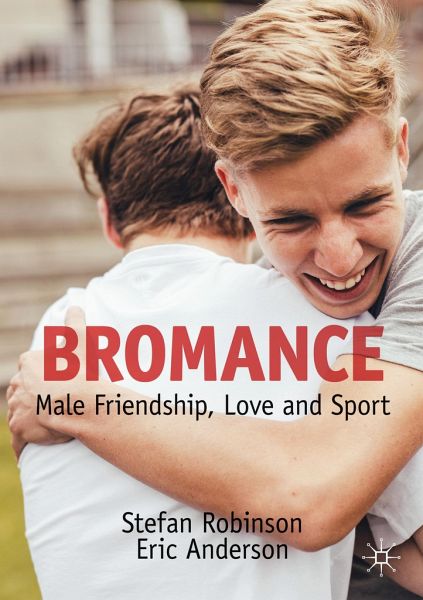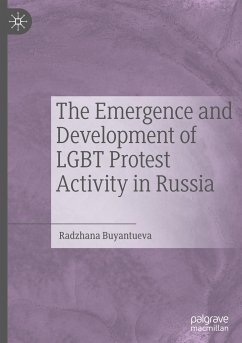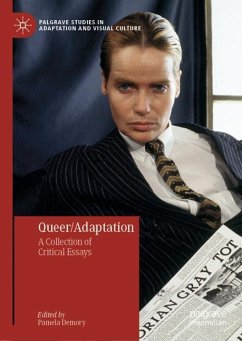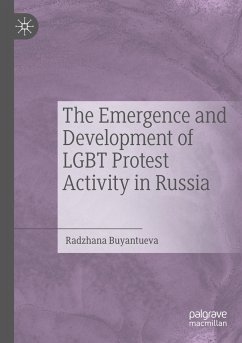
Bromance
Male Friendship, Love and Sport

PAYBACK Punkte
0 °P sammeln!
Unraveling the stereotype that men's friendships are unemotional and shallow, this book provides the first detailed account of the bromance that exists among young men. Drawing on one year of ethnography and 20 in-depth interviews among a university sport team, the authors show that these men reject traditional masculine boundaries, instead prioritizing an emotional and tactile form of friendship. Chapters detail the cultural shift in society's views on bromances, showing that bromances exists as an elevated, more emotional and intimate form of friendship, existing as a further positive conseq...
Unraveling the stereotype that men's friendships are unemotional and shallow, this book provides the first detailed account of the bromance that exists among young men. Drawing on one year of ethnography and 20 in-depth interviews among a university sport team, the authors show that these men reject traditional masculine boundaries, instead prioritizing an emotional and tactile form of friendship. Chapters detail the cultural shift in society's views on bromances, showing that bromances exists as an elevated, more emotional and intimate form of friendship, existing as a further positive consequence of decreasing cultural homophobia. By focusing on sport-which has traditionally been seen as a homophobic environment with toxic constructions of manhood-the authors show that even in the most traditionally masculine of settings, young men are rethinking what male friendship looks like, what it means to be a man, and the positive impact this can have on their mental health.
This book will be relevant to a number of audiences including scholars and students in masculinity studies, queer studies, and friendship studies; LGBTQ+ activists and allies with interest in straight men's friendships and sports cultures; and men's mental health advocates.
This book will be relevant to a number of audiences including scholars and students in masculinity studies, queer studies, and friendship studies; LGBTQ+ activists and allies with interest in straight men's friendships and sports cultures; and men's mental health advocates.












